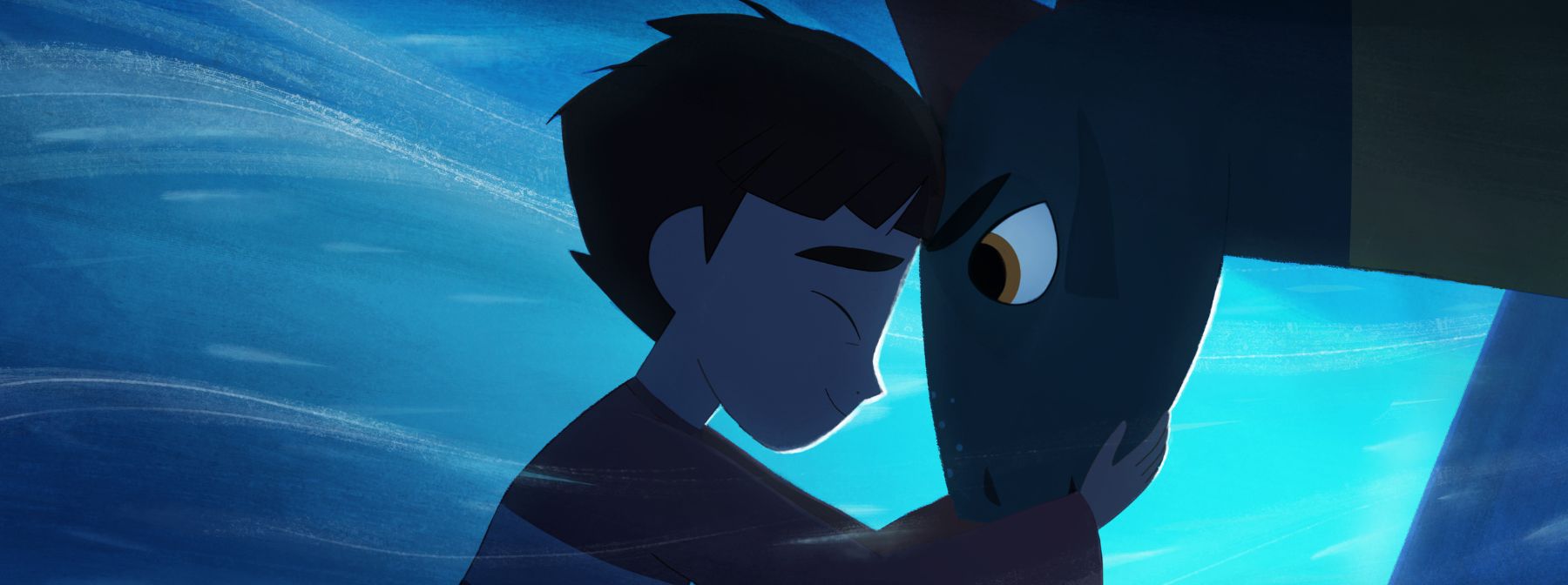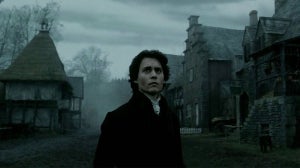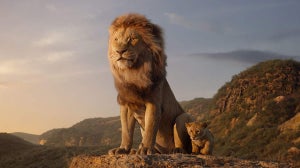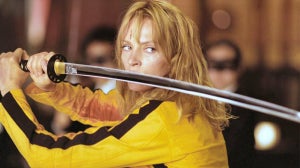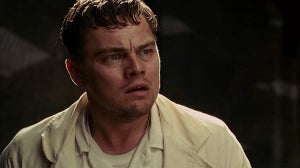
Originally published in 1948, Ruth Stiles Gannett’s children’s novel My Father’s Dragon has whisked millions of young readers away to a fantasy kingdom for an adventure like no other.
It’s already been adapted for the screen before, but it’s hard to think of a better fit for a contemporary reimagining than Cartoon Saloon, the Irish animation studio who have previously given us the likes of Song Of The Sea and Wolfwalkers.
Director Nora Twomey, following up on her Oscar-nominated coming-of-age tale The Breadwinner, is unsurprisingly happy that the studio’s five-year labour of love is finally set to grace our screens.
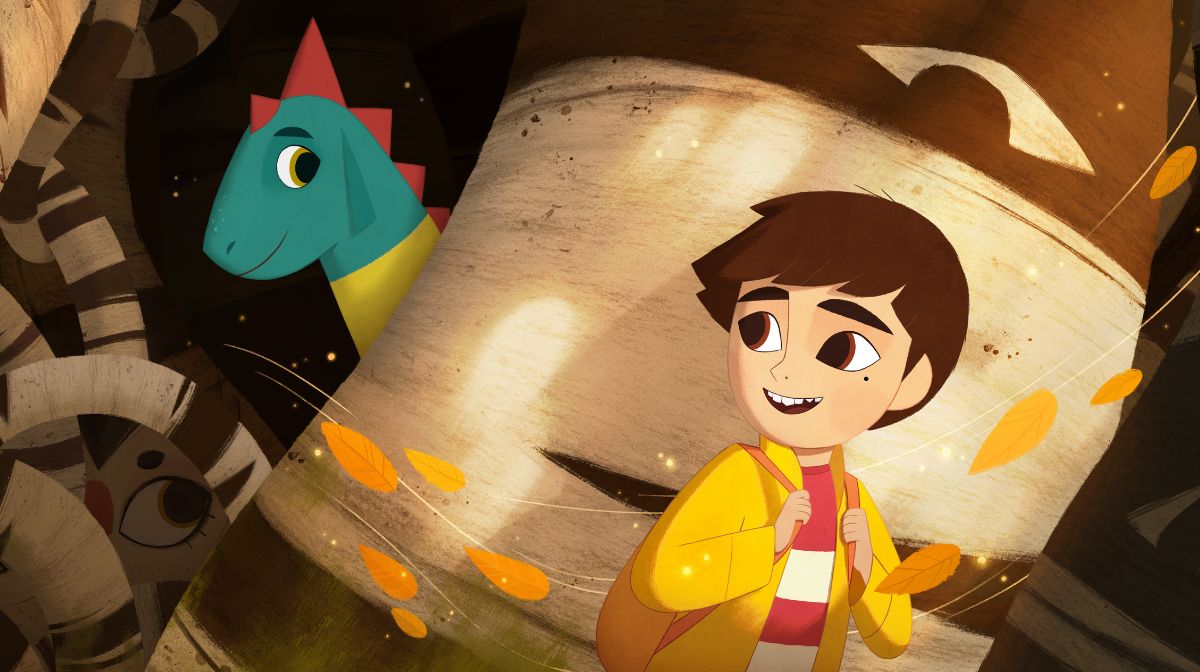
But as the filmmaker explained to Zavvi, whilst this story may have enchanted generations of readers, she wasn’t familiar with it until recently: “Before the project came my way, I hadn’t heard of it, but it’s the sort of book whose fans share it through generations - parents would read it as children and then pass it down to their kids.
"And that’s how this story came to me: our producer Julie Lynn told me that her husband had read the book as a child and thought it’d make a beautiful film, so it was passed to me. There was so much in there that I really connected with.”
Twomey ignored previous adaptations of the story in the earliest stages of production, instead aiming to retreat back to the source material and further develop the world of Wild Island, where our hero Elmer Elevator (voiced by Jacob Tremblay) escapes to after running away from home. Upon encountering the dragon Boris (Gaten Matarazzo) he senses a get-rich quick scheme that can help solve his mother’s money troubles - but first, he needs to help him escape from the collapsing habitat.
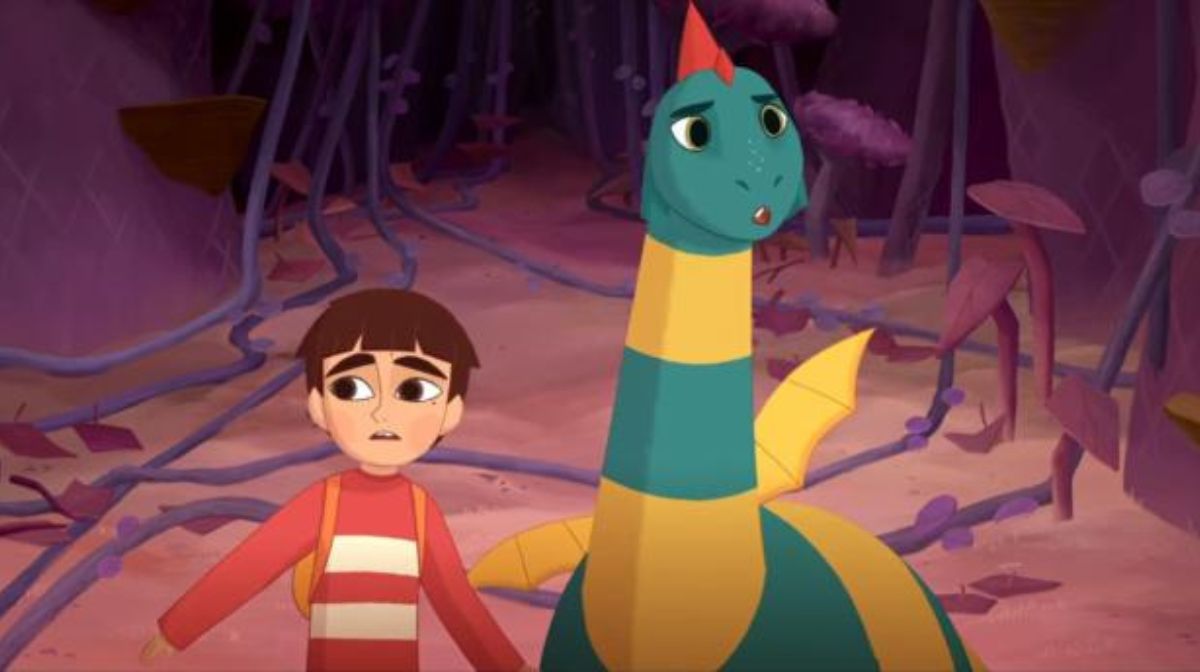
To develop the story further, Twomey went to the New York village of Trumansburg, where Gannett still lives; she’s now 99 years old, but even in her advancing years, proved to be a crucial collaborator on the project.
“I didn’t want to make an adaptation that followed what happened in the book beat-by-beat”, Twomey continued. “Elmer and Boris only meet at the end when he’s rescued there, and I’d rather we spend more time getting to know them and the amazing location of Wild Island, which is almost like a character in and of itself.
“When I visited Ruth, I asked her what inspired to write the book in the first place, and her answers was that she wanted to write a book where the child character’s journey is all for themselves. In either the book or the film, Elmer is a character who is always looking for the truth, no matter what that costs - and the idea of the autonomous child on that journey was something she wanted to put out there.”
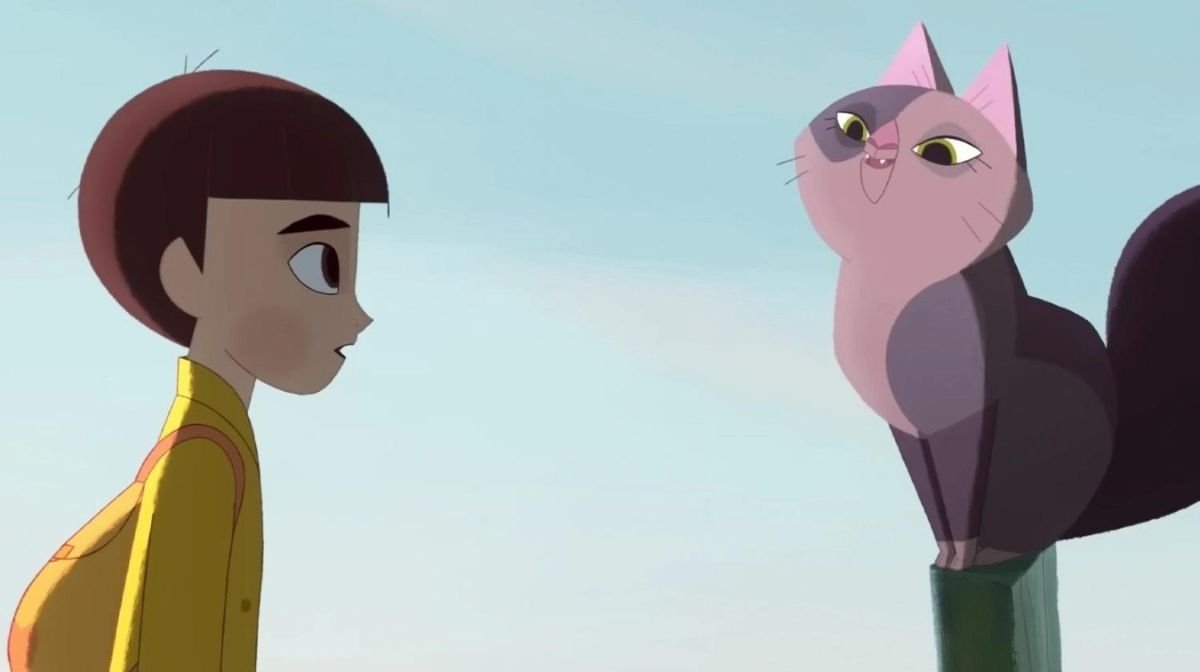
As with all of Cartoon Saloon’s films, the film has a real-world underpinning, in this case, the undertone of financial hardship that Elmer and his mother are experiencing, which in the source material, is a reflection of the post Wall Street crash America a new generation was living through. When Twomey first read the book, she said it reminded her of Roald Dahl, one of her biggest inspirations due to how he managed to weave the darker side of life into fantastical tales.
“He would never shy away from portraying the harsh realities of life, but in humorous and engaging ways. You read his books, and you come away thinking adults aren’t all that great, bad things happen, and his stories help us accept that and get on with it!
"Ruth’s work is very similar in that sense - it’s incredibly fanciful and speaks to my storytelling sensibilities. I want both the fantasy and the harsher reality”.
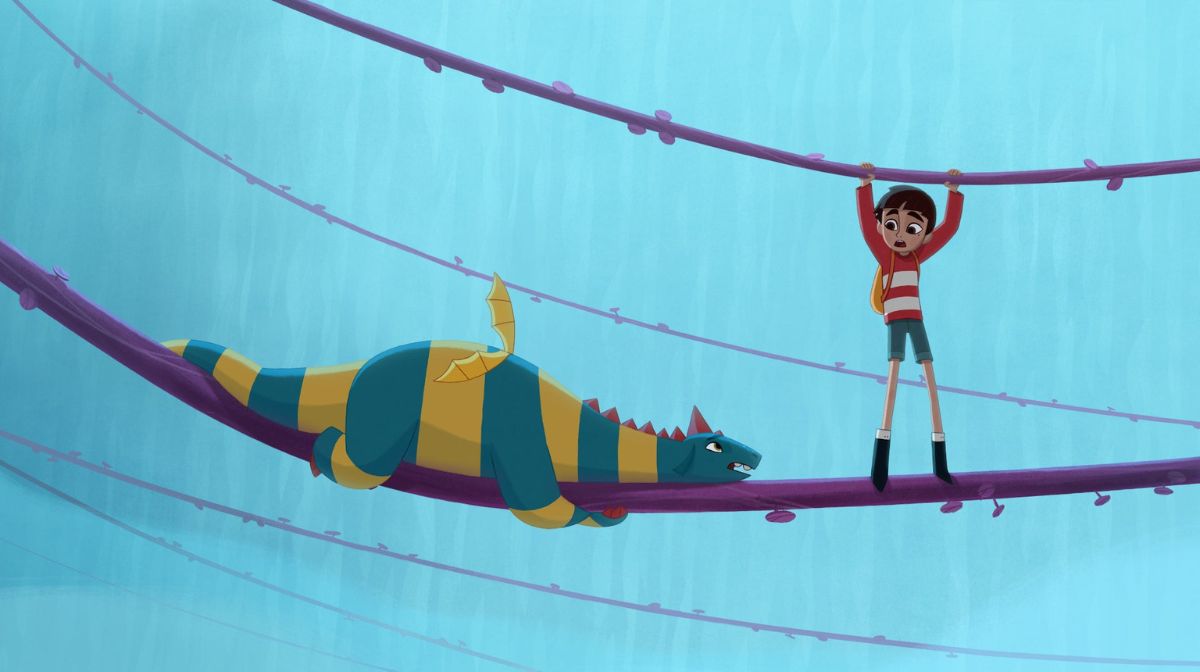
Just like Twomey, lead star Jacob Tremblay didn’t grow up with the famous story, although it is so ingrained in pop culture, he didn’t even realise that Boris the Dragon was already part of his wardrobe.
As he explained to Zavvi: “I had a pair of socks with Boris on them that I’d be wearing to set, and I didn’t even realise it was related to the story itself. This wasn’t something I’d grown up with, so I never made the connection until somebody pointed it out - it was certainly the weirdest part of making the movie.
“I recorded my voice performance before they’d started work on the animation; they had a camera that would capture our facial expressions, so that could be sent to the animators and they could implement that into the character. I was 13 when I recorded it and 16 now, so it’s definitely my baby voice, and it’s surreal to watch it back all these years later - I used to have a smile that was crooked on the right side, and I can see that looking at Elmer.”
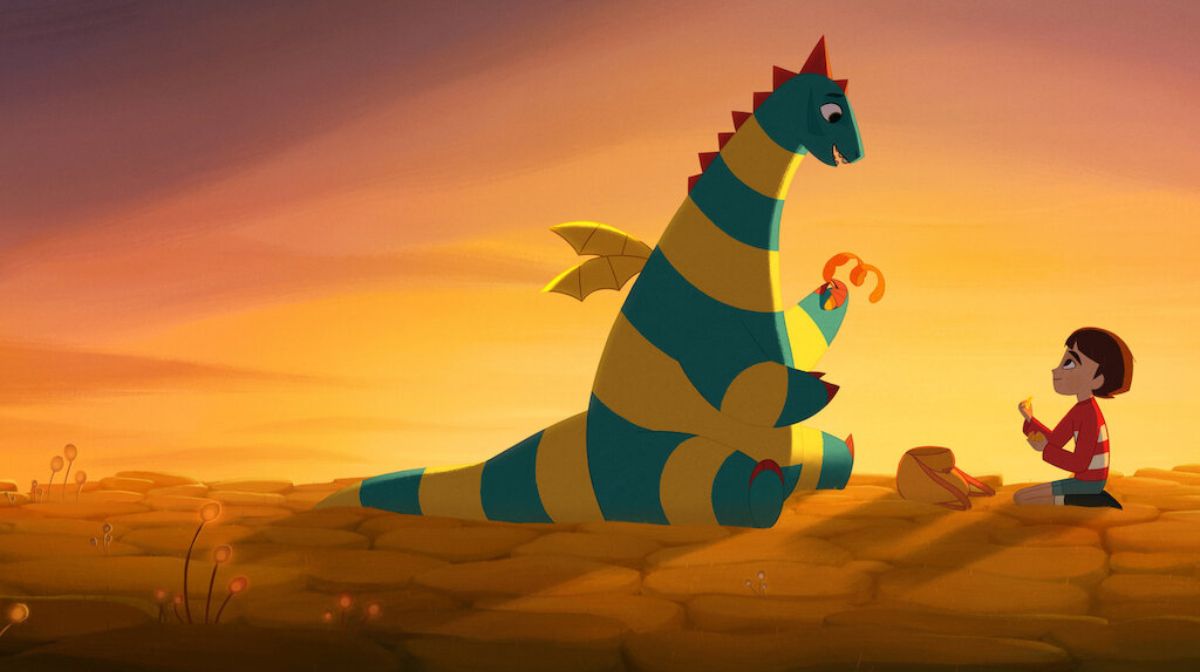
Unusually for an animated production, where voice actors typically don’t meet each other until the press tour, Tremblay was able to record his lines with his co-star Matarazzo (better known to millions as Dustin from Stranger Things). Tremblay is no stranger to animated films, most memorably voicing the lead character in Pixar’s charming Luca, but his experience making this film turned out to be his most memorable.
“We were so lucky we were able to record together, because it happened quite literally right before Covid. And I have to say, if it wasn’t for Gaten, my performance wouldn’t have been nearly as good - he’s so amazing, and I felt like I could just bounce right off his energy.
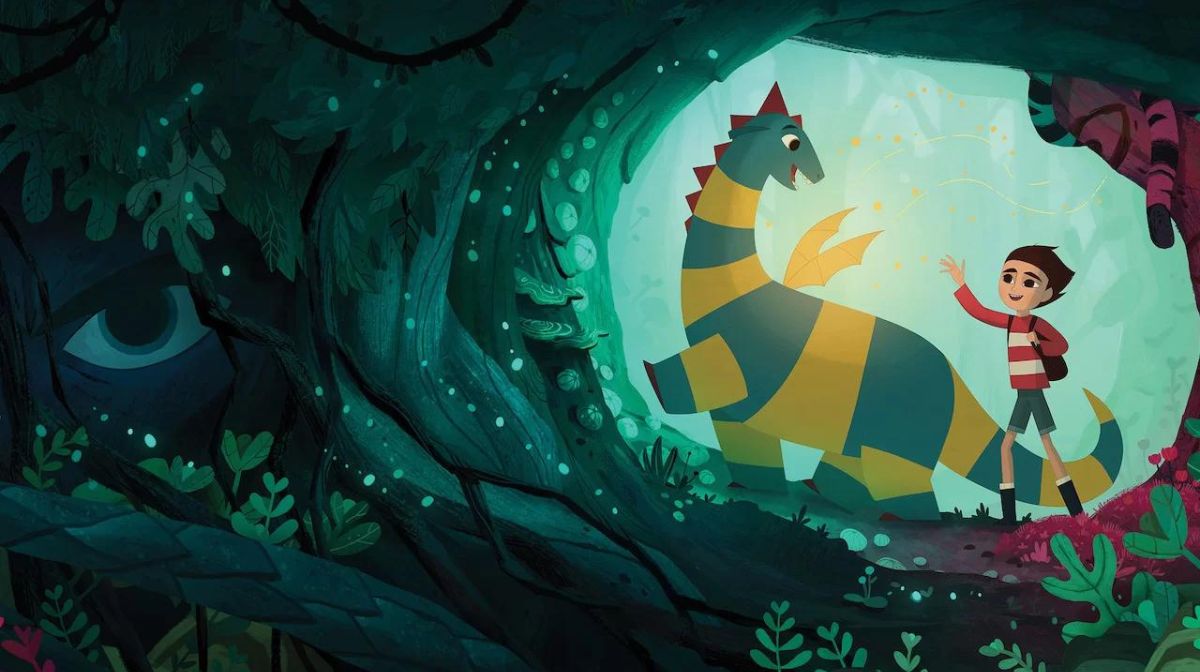
"There was a scene where his character starts crying, and as this comes naturally to him, he started crying too - and immediately, that triggered me and I was in tears, as was everybody in the studio! It was really powerful, and Nora is such an amazing director too; I was nervous going into it, but she really pushed me to help reach for what the character needed”.
As with all of Cartoon Saloon’s work, My Father’s Dragon is a mix of the fantastical and the down-to-Earth - just like Tremblay, you’ll be moved to tears one minute, and caught up in the thrill of the adventure the next.
My Father's Dragon releases on Netflix on 11th November.
Subscribe to The Lowdown here to get the latest issues sent straight to your inbox.
For all things pop culture, follow us on Facebook, Instagram, Twitter, and TikTok.

